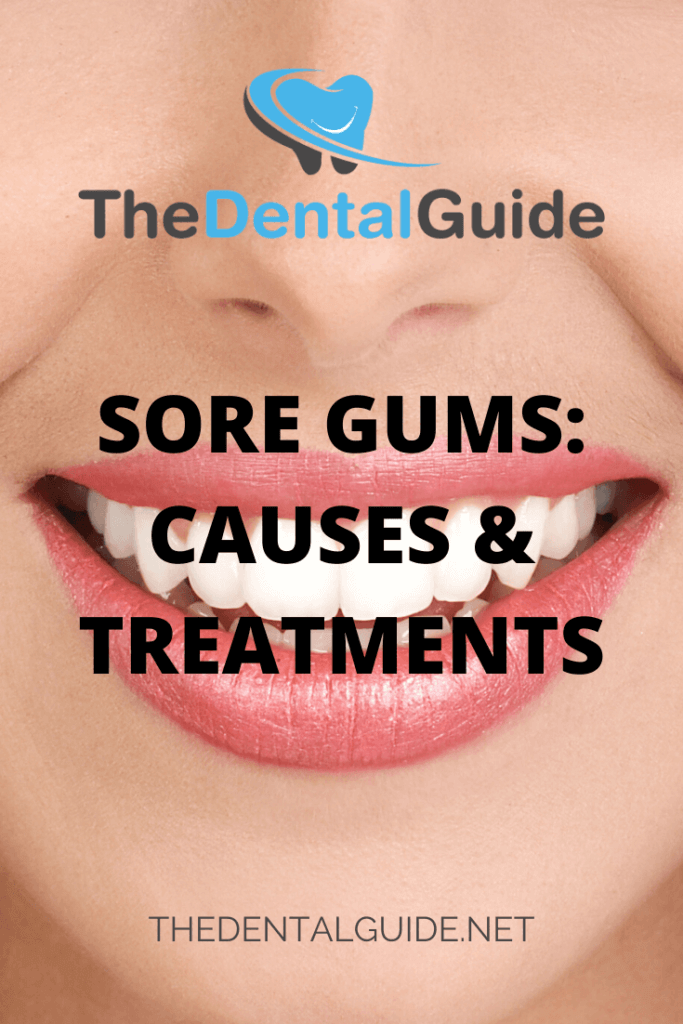Sore Gums With Head Cold

When you’re dealing with a head cold, it’s not uncommon to experience a range of uncomfortable symptoms, from congestion and coughing to sore throats and fatigue. However, one symptom that often flies under the radar but can be particularly bothersome is sore gums. If you’re experiencing sore gums with a head cold, you’re likely wondering why this is happening and, more importantly, how to find some relief.
First, it’s essential to understand that sore gums can be caused by a variety of factors related to a head cold. One primary reason is the increased mucus production that accompanies a cold. This excess mucus can lead to sinus pressure, which in turn can cause pain and discomfort in the gums. Additionally, the constant blowing of your nose and coughing can lead to dryness in the mouth, reducing saliva production. Saliva plays a crucial role in protecting your gums and teeth by washing away bacteria and neutralizing acids. With less saliva, your gums can become more susceptible to irritation and soreness.
Another factor to consider is the potential for sinus infections, which can sometimes accompany a head cold. When your sinuses become infected, the pressure and inflammation can radiate to the gums, causing soreness and discomfort. Furthermore, if you’re taking certain medications for your cold, such as decongestants, these can also lead to dry mouth, exacerbating gum soreness.
To alleviate sore gums associated with a head cold, there are several strategies you can try. First, maintaining good oral hygiene is crucial. Even though your gums may be sore, it’s essential to continue brushing and flossing gently to remove bacteria and food particles that could aggravate the situation. Using a soft-bristled toothbrush and a mild toothpaste can help in reducing irritation.
Staying hydrated is also vital. Drinking plenty of water can help thin out mucus, making it easier to expel, and can also help keep your mouth moist, thereby supporting saliva production. Warm liquids, such as tea or broth, can be particularly soothing for both a sore throat and sore gums. Additionally, using a humidifier in your home can add moisture back into the air, helping to relieve dryness in the mouth and sinuses.
For immediate relief from sore gums, you might consider using a saltwater rinse. Dissolving a teaspoon of salt in a cup of warm water and swishing it around your mouth can help reduce inflammation and kill bacteria. Over-the-counter pain relievers, such as acetaminophen or ibuprofen, can also be effective in managing pain and reducing inflammation.
Moreover, certain foods can help or hinder your recovery. Opting for soft, easy-to-chew foods can reduce irritation to your gums. Soups, scrambled eggs, and yogurt are good choices. Avoid spicy, acidic, or sharp foods that can further irritate your gums.
In some cases, sore gums might be a sign of an underlying issue that needs medical attention, such as gum disease or a sinus infection that requires antibiotic treatment. If your symptoms persist or worsen over time, it’s important to consult with a healthcare provider to rule out any serious conditions.
Practical Steps for Relief
- Maintain Oral Hygiene: Continue to brush and floss gently to prevent the buildup of bacteria.
- Stay Hydrated: Drink plenty of water and consider warm liquids to soothe your throat and keep your mouth moist.
- Use a Humidifier: Add moisture back into the air to relieve dry mouth and sinus pressure.
- Saltwater Rinses: Use a saltwater rinse to reduce inflammation and kill bacteria.
- Pain Relief: Consider over-the-counter pain relievers for managing pain and inflammation.
- Soft Diet: Eat soft, easy-to-chew foods to reduce gum irritation.
- Consult a Professional: If symptoms persist or worsen, consult with a healthcare provider.
Conclusion
Sore gums can be an unsettling symptom when you’re already dealing with the discomfort of a head cold. However, by understanding the causes and implementing a few simple strategies, you can find relief and help your gums recover. Remember, if your symptoms are severe or persistent, seeking advice from a healthcare professional is the best way to ensure you’re addressing any underlying issues effectively.
Why do my gums feel sore when I have a head cold?
+Sore gums during a head cold can be due to increased mucus production leading to sinus pressure, dry mouth from reduced saliva production, or potential sinus infections. These factors can cause irritation and discomfort in the gums.
How can I relieve sore gums caused by a head cold?
+To relieve sore gums, maintain good oral hygiene, stay hydrated, use a humidifier, try saltwater rinses, and consider over-the-counter pain relievers. Eating a soft diet can also help reduce irritation.
When should I seek medical attention for sore gums with a head cold?
+If your sore gum symptoms persist or worsen over time, or if you suspect an underlying condition such as gum disease or a sinus infection, it’s crucial to consult with a healthcare provider for proper diagnosis and treatment.